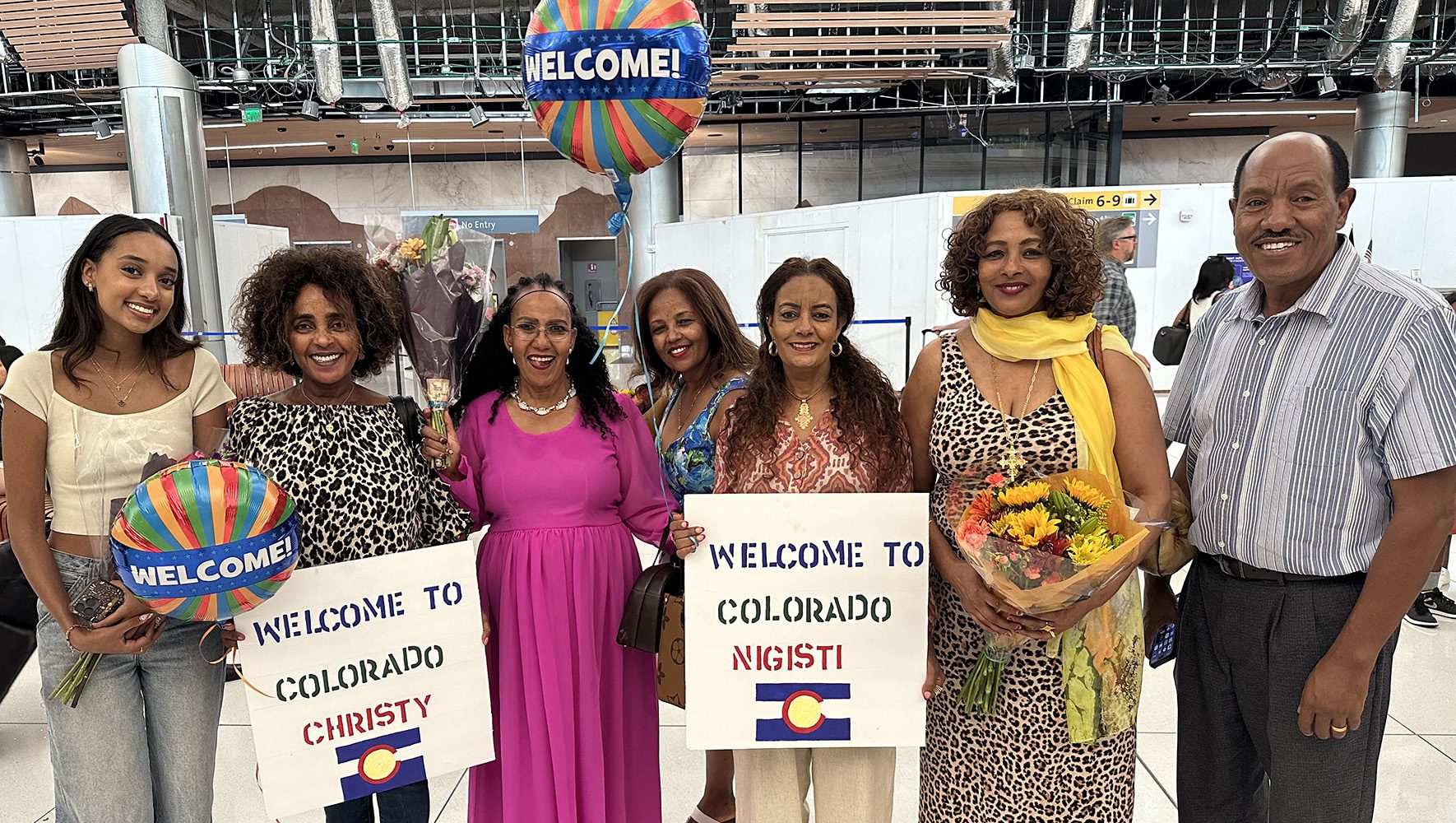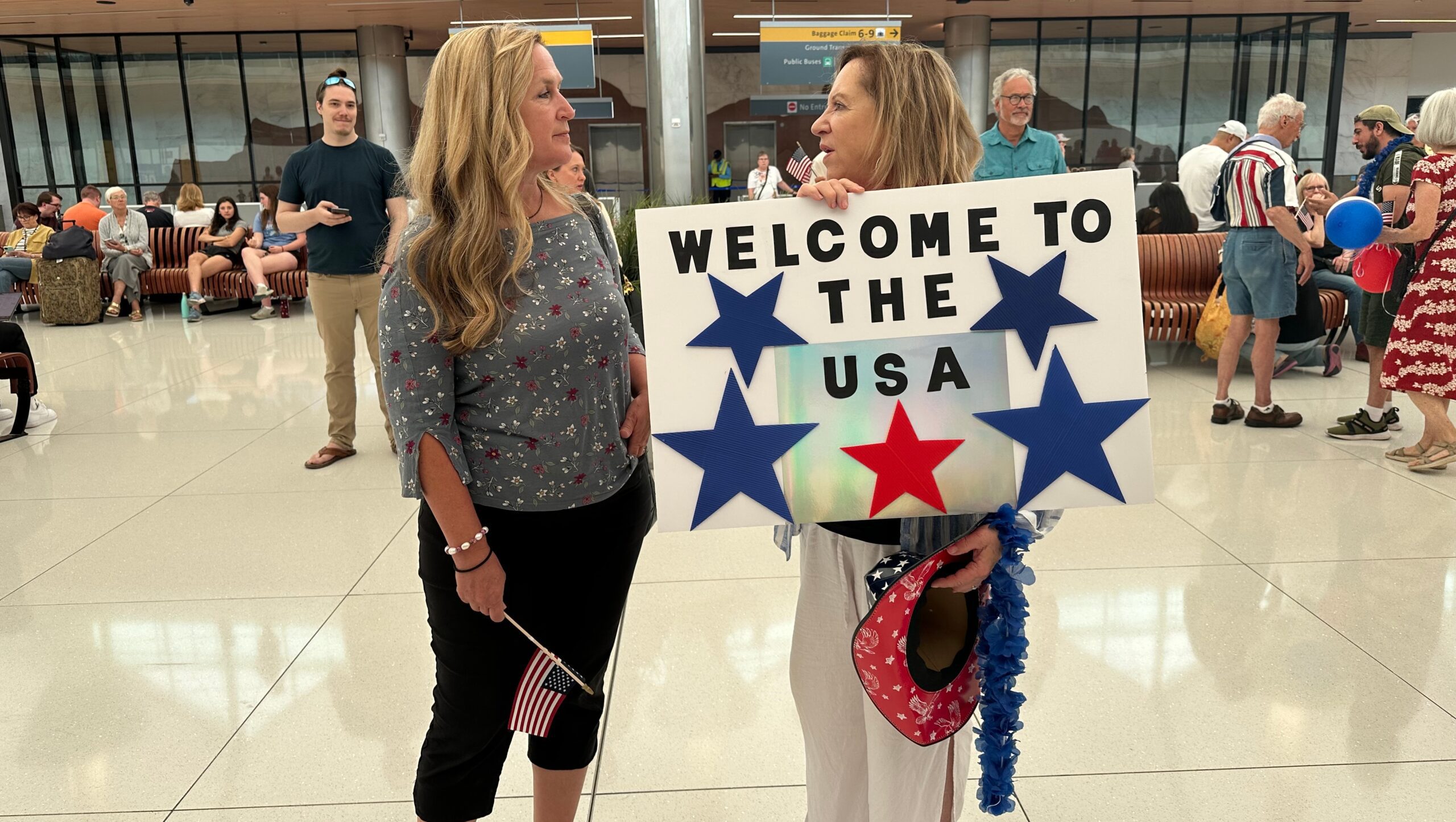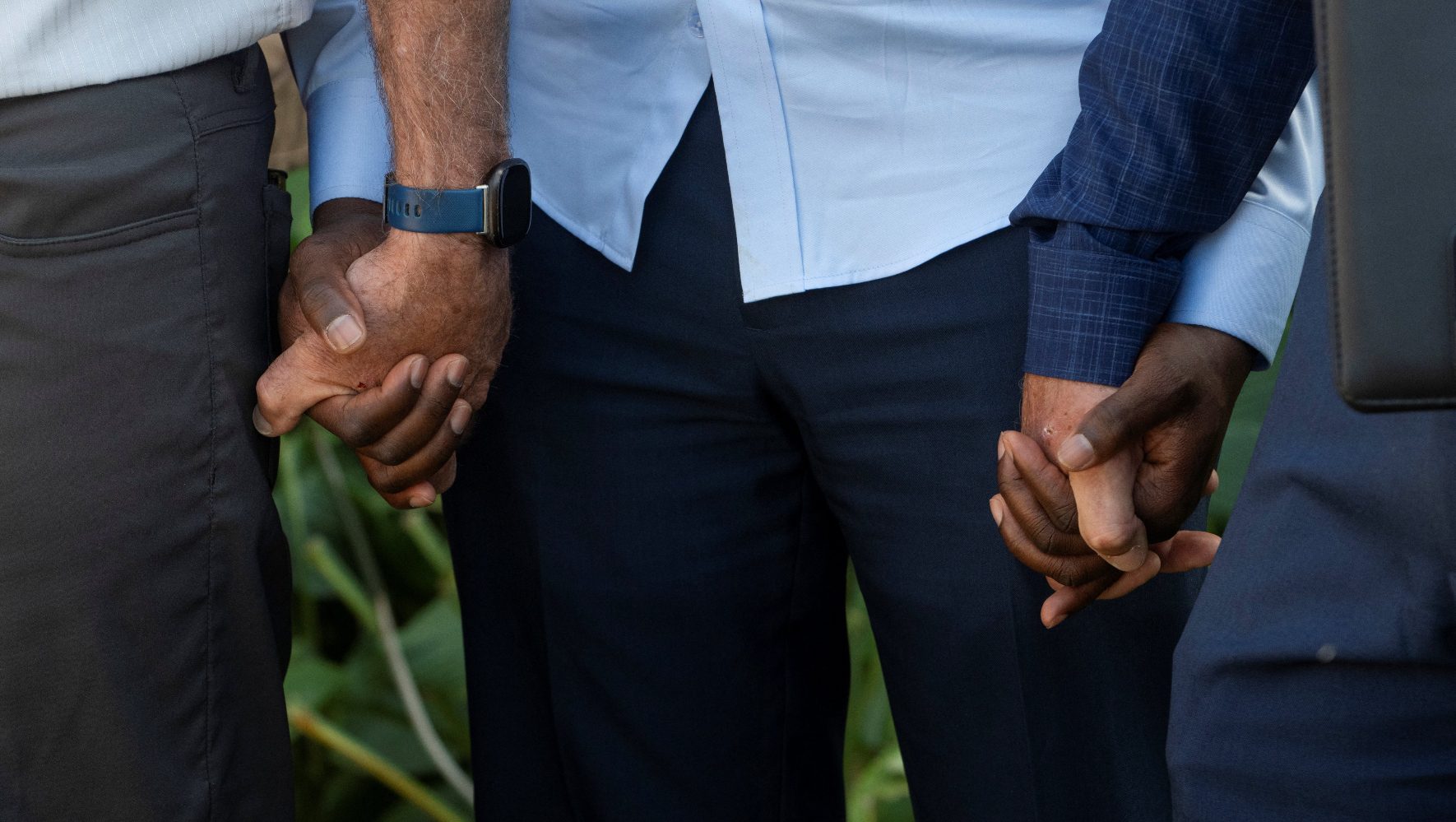During the 2024 election season, few key issues received as much attention as immigration. The national political discourse has featured everything from misinformation to xenophobic remarks to full-blown conspiracy theories. And yet — as alarming as the rhetoric has been — the outcomes for immigrant communities are far worse.
The political conversation about immigration in the U.S. should be about proactive and serious solutions, not about how to shut out people who need safety. As we regroup after the election, where do we go from here? What does a second Trump administration mean for refugees, asylum seekers, and forcibly displaced persons?
Related News
How to Help Refugees and Asylum Seekers After the U.S. Elections

On November 14, HIAS experts came together on a public webinar to answer these questions and discuss how we can take action in this critical moment.
Watch the recording above to hear from Naomi Steinberg, vice president for U.S. policy and advocacy; Noah Gottschalk, interim senior director for international advocacy, and Rebecca Kirzner, associate vice president for strategic communications and media.






